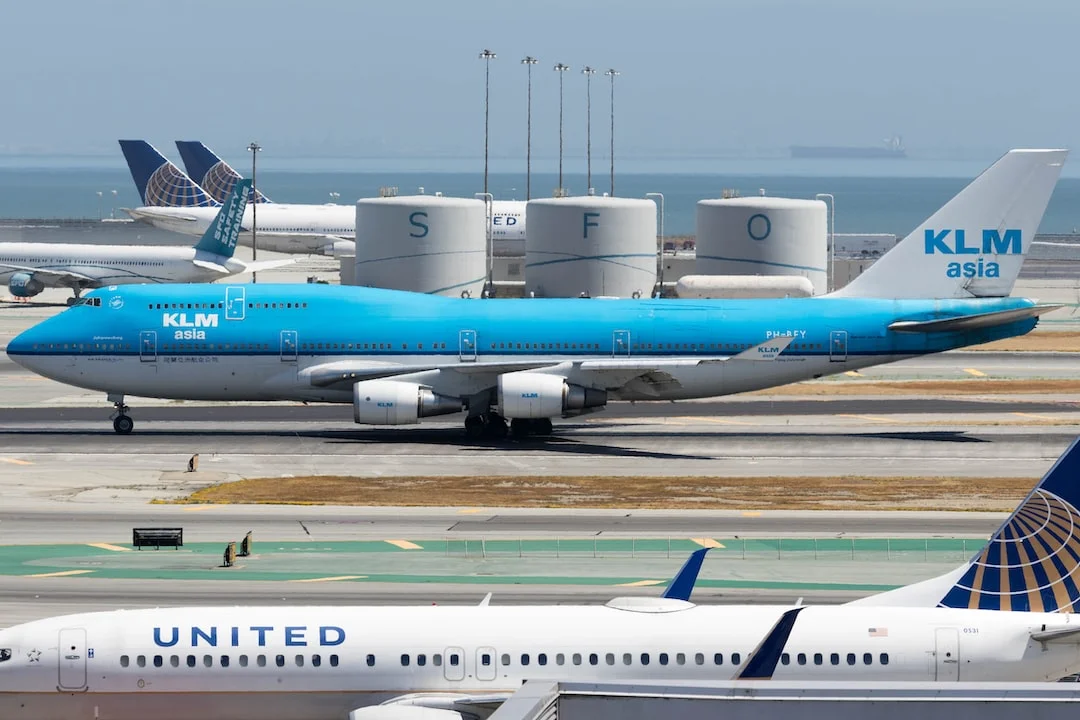The Airbus A320 is a popular narrow-body aircraft that has been widely used in commercial aviation since its introduction in the late 1980s. As with any aircraft, there are various systems and components that contribute to its operation and safety. One such important aspect is the reserves system, abbreviated as RSV, which plays a crucial role in ensuring the A320’s ability to handle unforeseen circumstances during flight.
Contents
Understanding Reserves on the Airbus A320
Reserves on the Airbus A320 pertain to the amount of fuel that must be retained on board the aircraft as a safety margin. These reserves are required to cover any unexpected events or delays that may occur during a flight. The reserves ensure that the aircraft has enough fuel to divert to an alternate airport, circle in a holding pattern, or maintain a higher altitude due to adverse weather conditions.
According to the International Civil Aviation Organization (ICAO) guidelines, the reserves on the Airbus A320 are divided into two categories: the contingency fuel and the final reserve fuel.
The Contingency Fuel
The contingency fuel serves as a buffer in case of unexpected situations, such as the need to change the flight path, altitude, or speed due to air traffic control instructions or weather conditions. It is calculated based on the flight duration, aircraft performance, and the risk associated with the specific flight.
To determine the required contingency fuel for an Airbus A320 flight, several factors must be considered. These include the distance of the flight, the expected time of arrival, the weather conditions along the route, and any anticipated changes in the flight plan. The crew also takes into account the performance of the aircraft, including its fuel burn rate at various speeds and altitudes.
The Final Reserve Fuel
The final reserve fuel is the minimum fuel quantity required to be on board the Airbus A320 upon landing at the destination airport. It is calculated based on the longest possible delay that can be encountered during the flight, such as holding patterns, unexpected air traffic control instructions, or congestion at the destination airport.
The final reserve fuel is typically determined by regulatory authorities and may vary depending on the country or region. For example, the Federal Aviation Administration (FAA) in the United States mandates a minimum final reserve fuel requirement for all commercial flights operating within its jurisdiction.
Calculating Reserves on the Airbus A320
The calculation of reserves on the Airbus A320 involves a precise and thorough process to ensure the safety of the flight. The crew, usually with the assistance of computerized flight planning systems, considers various factors to determine the required amount of fuel reserves.
The following key factors are taken into account during the calculation:
- The planned flight duration
- The distance of the flight
- The expected time of arrival
- The anticipated weather conditions
- Potential changes in the flight plan
- The aircraft’s performance and fuel burn rate
Once these factors have been considered, the crew can determine the required contingency fuel and the final reserve fuel to be carried on board the Airbus A320.
To assist with these calculations, airlines and flight operators utilize advanced flight planning systems and databases that provide accurate performance data for the specific aircraft type. These systems help optimize fuel consumption while ensuring compliance with regulatory requirements.
Ensuring Safety and Compliance
The reserves system plays a critical role in ensuring the safety and compliance of Airbus A320 flights. Adequate fuel reserves are necessary to handle unexpected events, maintain flexibility during flight, and ensure the ability to reach alternate airports in case of emergencies. Compliance with regulatory requirements, such as the final reserve fuel mandates set by aviation authorities, also contributes to a structurally safe and well-organized operation.
By carefully calculating the reserves based on various factors and utilizing advanced flight planning systems, Airbus A320 operators can ensure the optimal use of fuel resources while prioritizing passenger safety and operational efficiency.
The Importance of Reserves
The reserves system on the Airbus A320 provides a vital layer of safety and flexibility for the aircraft and its passengers. Unforeseen circumstances, such as inclement weather, air traffic congestion, and route modifications, can necessitate changes to the flight plan. Having sufficient reserves ensures that the aircraft can adapt and respond to these situations without compromising safety.
The reserves also contribute to the overall efficiency of flight operations. By having adequate fuel reserves, operators can minimize the risk of unplanned refueling stops, reduce operational costs, and optimize flight planning.
However, it is essential to strike the right balance when determining reserves to avoid unnecessarily carrying excessive fuel. Carrying extra fuel adds weight to the aircraft, which in turn increases fuel consumption and reduces the payload capacity. Therefore, accurate calculations and regular updates based on the most recent flight information are crucial to ensure that the reserves are neither insufficient nor excessive.
In Conclusion
The reserves on the Airbus A320 are an integral part of the aircraft’s operational efficiency and safety. They allow the aircraft to handle unexpected events, adapt to changing flight conditions, and comply with regulatory requirements. By carefully considering factors such as flight duration, distance, weather conditions, and aircraft performance, operators can calculate and carry the necessary contingency and final reserve fuels on board.
The reserves system ensures that the Airbus A320 remains reliable, flexible, and capable of navigating any unexpected challenges, ultimately prioritizing the safety and comfort of its passengers.




